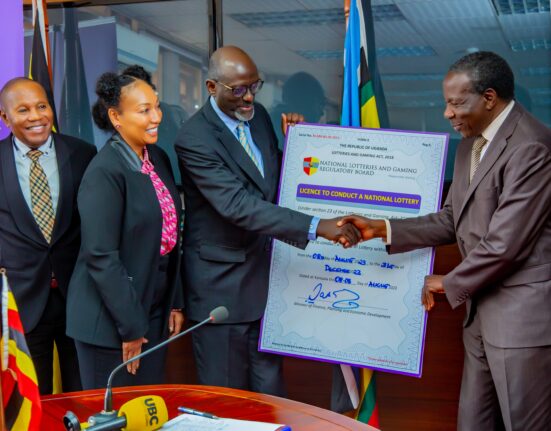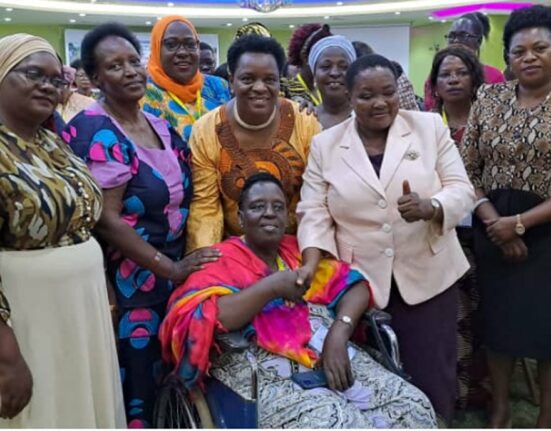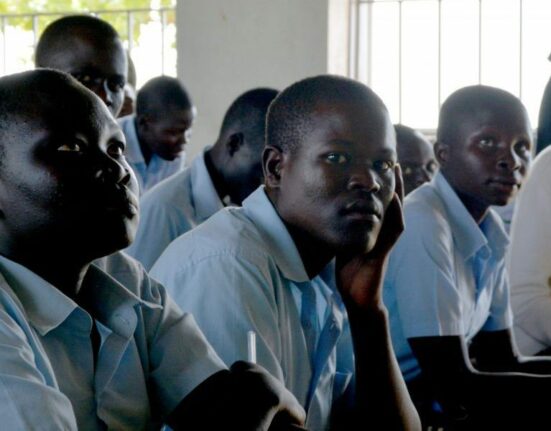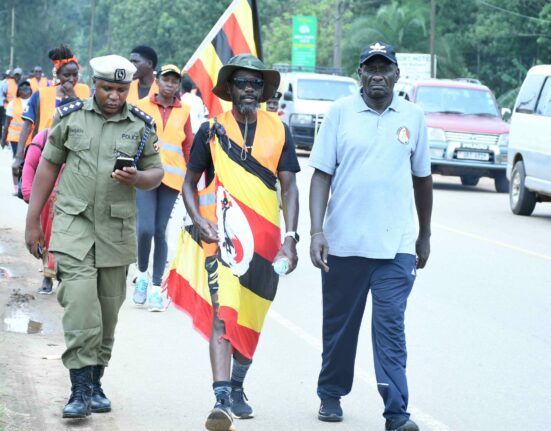Ms Fazira Kawuma, despite facing visual impairment, holds an impressive array of leadership positions. She serves as the Deputy Mayor of Jinja City and has also founded an NGO called the Source of the Nile Union of Persons living with Albinism (SNUPA).
Additionally, Ms Kawuma holds roles as vice chairperson of the National Council for Disability, chairperson for advocacy and membership at the National Union of Disabled Persons of Uganda (NUDIPU), and board member at the Uganda National Association of the Blind (UNAB).
In 2011, Ms Kawuma lost her sight completely due to complications arising after completing her A-Level exams. Despite seeking medical advice, she was informed that her condition was genetically induced and irreversible.
Struggling with her impaired vision, Ms Kawuma made the difficult decision to drop out of Uganda College of Commerce. However, she later returned to academia and earned her diploma in Community Based Rehabilitation from Kyambogo University.
Ms Kawuma then founded SNUPA in Jinja City to support persons living with albinism, aiming to address the challenges they face and improve their quality of life.
Under Ms Kawuma’s leadership, SNUPA has flourished, boasting a membership of 1,554 individuals with albinism whose conditions have significantly improved over time. One of her notable achievements is securing funding for sunscreen lotion through Action on Disability and Development (ADD), effectively reducing the incidence of skin cancer among affected individuals.
Furthermore, SNUPA’s initiatives in economic empowerment and educational support have empowered its members, reflecting Ms Kawuma’s commitment to enhancing the well-being and opportunities of those within the albinism community.
Ms Kawuma’s journey to becoming deputy mayor was facilitated by her experience in creating and managing SNUPA. Her academic qualifications and managerial skills equipped her for the position. She has encountered challenges in balancing her roles but has managed with the support of her family.
Ms Kawuma encourages women not to fear taking up leadership positions and advises them to build networks and balance their roles effectively. She acknowledges the challenges women face in reaching leadership positions and emphasizes the importance of capacity-building and economic empowerment.






